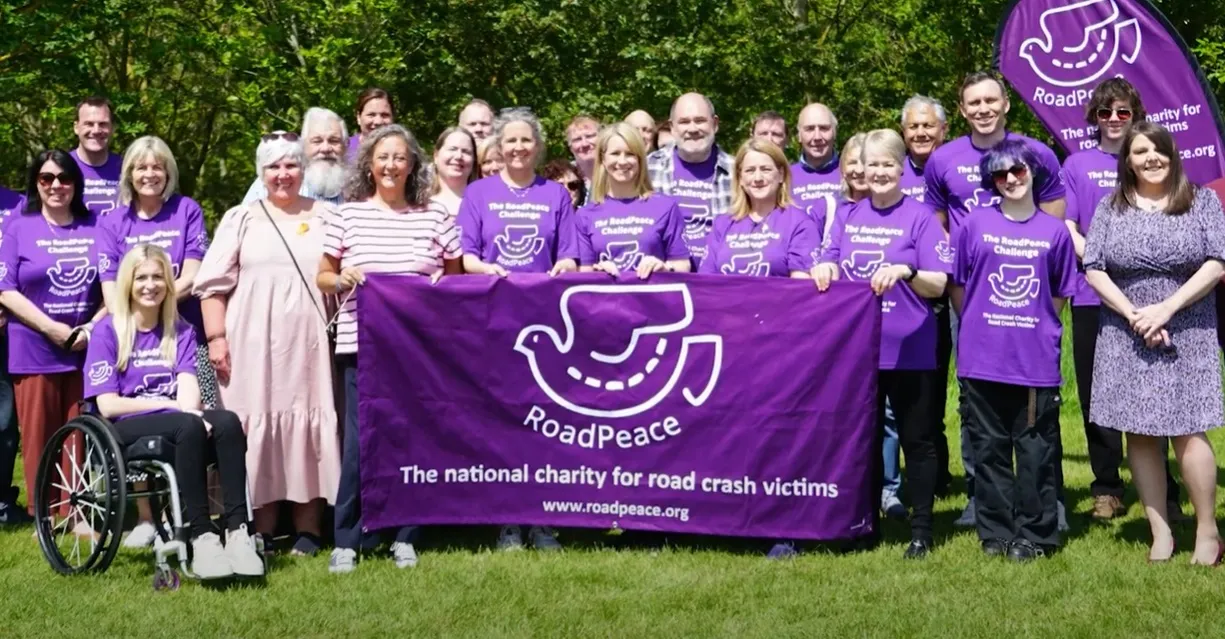
RoadPeace, the UK national charity for road crash victims, is inviting emergency services, highways teams, schools, businesses and communities to join together for the RoadPeace Challenge, which will take place between 13-19 May, 2024.
The event, now in its fourth year, has already raised more than £120,000 for RoadPeace, as well as considerable public awareness about road harm. RoadPeace provides support to people bereaved or seriously injured in road crashes, and engages in evidence-based policy and campaigning work to fight for justice for victims.
This year, the idea is that participants collectively walk, run or cycle 1,766 miles to honour the 1,766 people reported killed on UK roads in 2022.
All participants will log their individual miles covered throughout the week, which will be recorded centrally by RoadPeace - counting down from 1,766 to zero miles, to reflect Vision Zero efforts
The charity’s recent campaigns include calls to Fix Our Broken Justice System and supporting bereaved parents who are calling for Graduated Driving Licensing to be introduced in the UK.
Rebecca Morris, head of communications, at RoadPeace, said: “It is easier than ever to get involved in the RoadPeace Challenge this year and to make a difference. From members of the emergency services to schools, businesses and communities, we’re urging as many people as possible to take part.
Sign up here for the RoadPeace Challenge.
Morris added: “Every day, on average, around five people die and hundreds more are injured in collisions on our roads, destroying families and changing lives forever."
“Road crashes should not be tolerated as the inevitable cost of motorisation. No matter how we choose to travel, we all have a duty to be safe and responsible road users.”
Social media hashtags are #RoadPeaceChallenge2024 and #1766MilesTogether.









